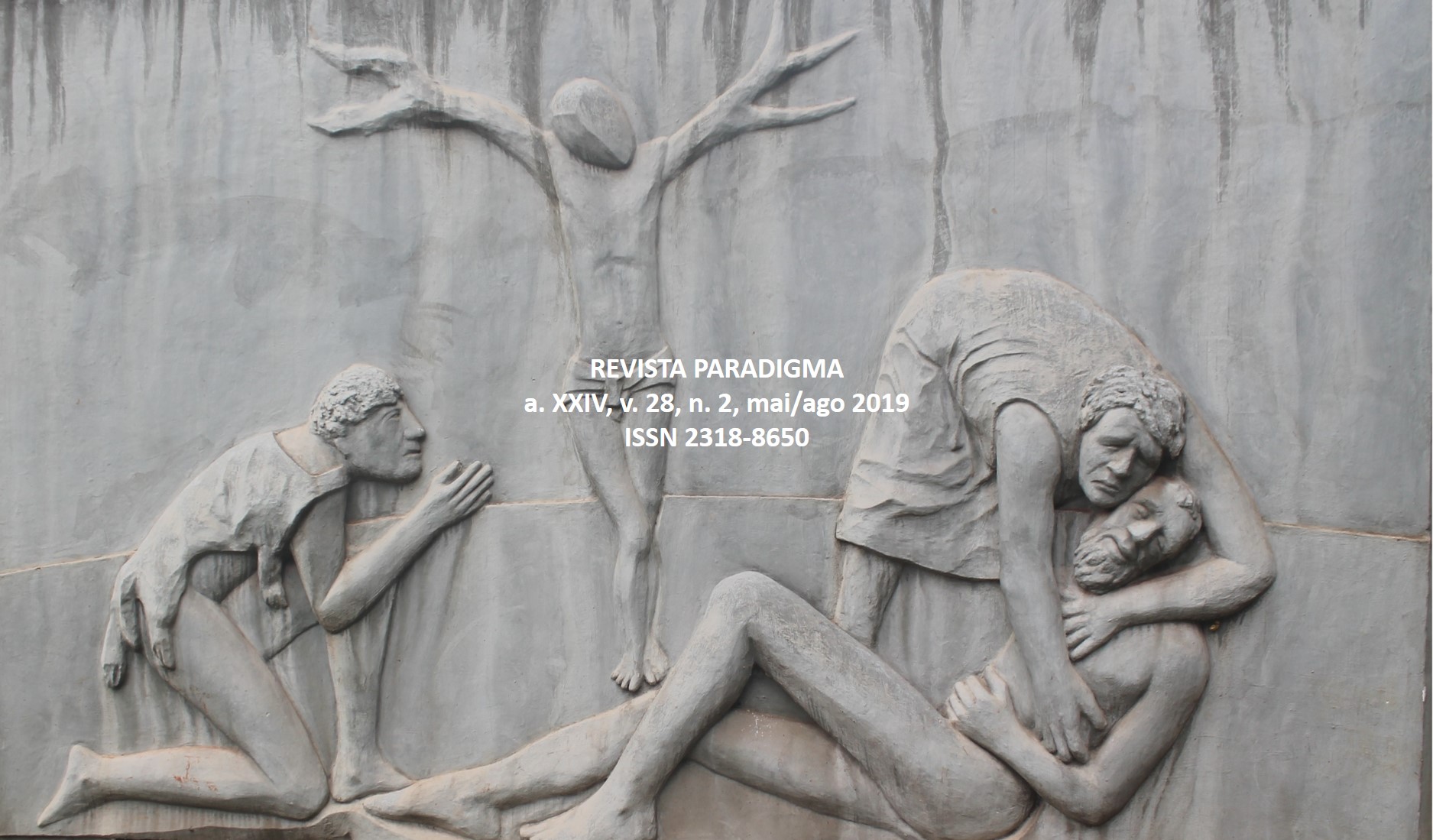THE “LAST TEMPTATION OF CHRIST” CASE (OLMEDO BUSTOS AND OTHERS) VS. CHILE: AN ANALYSIS ON HUMAN RIGHTS AND DEMOCRACY
Abstract
The divergence regarding the controversy arising from the judgment of the Olmedo Bustos et al. Chile, judged by the Inter-American Court of Human Rights (HDI Court) in 2001, is on the borderline between the right to religious freedom and the right to freedom of expression, notably cinematic culture, as it involved the condemnation of the Chilean state in The reason for the censorship of Martin Scorsese's film “The Last Temptation of Christ” is that he had violated religious honor. It happened that in Chile, parents of catholic confessional majority, in 1988 (year of the release of the film “The Last Temptation of Christ”), the Consejo de Calificación Cinematografica (CCC) - Chilean censorship organ originating from the dictatorship conserved until today prohibited the exhibition of the film, alleging questions of religious honor. The case was brought before the Chilean judiciary and, in June 1997, the censorship imposed on the cinematographic exhibition of the work was confirmed by the Supreme Court of Chile. Therefore, the Chilean Court decides that in this case religious honor would be more relevant than freedom of expression. Then the picture of the debate formed that instant: would freedom of expression suffice to exceed religious honor, or can religious honor limit freedom of expression? Within this context we intend to analyze the impacts of religious manifestations related to democracy of the country.
Published
How to Cite
Issue
Section
License
By submitting articles to Revista Paradigma, the author already authorizes their publication in case of approval after due evaluation process, aware of the journal's free access policy.
The author declares that he is aware that all information included in the submission will be published, including name, affiliation, title and email address.


